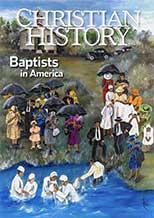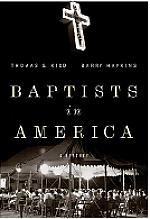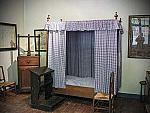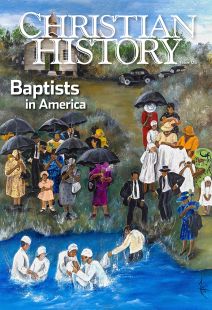“America's Pastor” Prepared to Meet His Lord
When Graham preached, he said that death was, of course, inevitable. As no one knew when Christ would return, he said, everyone should think instead about the sure thing they did know: the certainty of their own death. While some fundamentalists predicted that some believers would escape death in the Rapture, the evangelist repeatedly insisted that death fell on everyone.
In his remarks at former president Richard Nixon’s funeral, Graham reminded the family and audience that someday every one of them would die: “John Donne said that there’s a democracy about death. ‘It comes equally to us all and makes us all equal when it comes.’”. . . Though believers would not escape death, they would face it with greater clarity.
During his Las Vegas evangelistic crusade in 1980, the MGM Grand Hotel burned. “Someday, for all of you, if you don’t know God, the music will stop. It will all be over,” he said. Critics who charged Graham with sentimentality were not paying attention. He was not a profound thinker or preacher, but he dealt with serious things in serious ways. And millions listened.
Death was one thing; the passing of time in the midst of life, another. Once, when he was in his mid-60s, a teenager asked him what surprised him most in his “old age.” He answered without hesitation: “the brevity of life.” The relentless march of events taught important lessons too. “I urge each of you to invest your lives, not just spend them,” he told another group of young people. . . .

Buy Christian History #126 Baptists in America.
Subscribe to Christian History.
Until the later decades of his ministry, Graham seemed not to dwell very much on [his own death]. But with time Graham did slow down. Aging quieted his trademark machine-gun sermons into talks that seemed more like fireside chats. He readily admitted that he “yelled” less and that he had come to favor less demanding indoor auditoriums over the outdoor stadiums that had propelled him to international fame. . . .
Yet serious illness took its inevitable toll. He collapsed while speaking in Toronto but climbed out of a hospital bed several days later to preach to a Sky Dome record crowd of 73,500 on the final night of an evangelistic crusade. . . . Still [he] soldiered on, year after year, until he preached his final evangelistic crusade in Flushing Meadows, New York, in the summer of 2005. Though others had to help him to the pulpit, the image of an old warrior of the cross, pressing far past the normal retirement age, helped normalize the aging process for many and provided inspiration for millions.
As for his future, Graham made clear that he anticipated his demise as a door to a new life in heaven. “I’m looking forward to it — I really am,” he said in 1995, in his late 70s. “I’ll be happy the day the Lord says, ‘Come on. I’ve got something better planned.’” To be sure, Graham admitted that he did not look forward to the dying process itself . . . . But beyond the event itself stood heaven as a place of glorious fellowship with the Lord, saints, loved ones and invigorating work to do. . . .The journalist David Frost asked the mature Graham what he would want the first line of his obituary to say. “That he was faithful and that he had integrity,” he replied. “And that I was faithful to my calling, and that I loved God with all mind, heart and soul.”
Frost wondered if Graham had questions he hoped to ask God in heaven. “Yes, thousands. Many things in Bible mysteries.” [Graham] then added, “Some things in my life I would be embarrassed if anyone else saw. I would like God to edit the film.” If God needed to edit the film of Billy Graham’s life, some readers undoubtedly thought, the rest of us were in big trouble.
By Grant Wacker
[Christian History originally published this article in Christian History Issue #126 in 2018]
Grant Wacker, Gilbert T. Rowe Professor Emeritus of Christian History at Duke Divinity School and author of America’s Pastor: Billy Graham and the Shaping of a Nation. Excerpted from an article originally published at Duke Today and in the Washington Post, reprinted with permission from Duke University Divinity School. For more, see our issue #111, Billy Graham.Next articles
Baptist Presidents and Vice Presidents
Several who held the high US executive offices were affiliated with Baptist churches
Jennifer Woodruff TaitBaptists in America: Recommended resources
Here are some recommendations from CH editorial staff and this issue’s authors to help you understand the Baptist story.
The editorsSupport us
Christian History Institute (CHI) is a non-profit Pennsylvania corporation founded in 1982. Your donations support the continuation of this ministry
Donate






